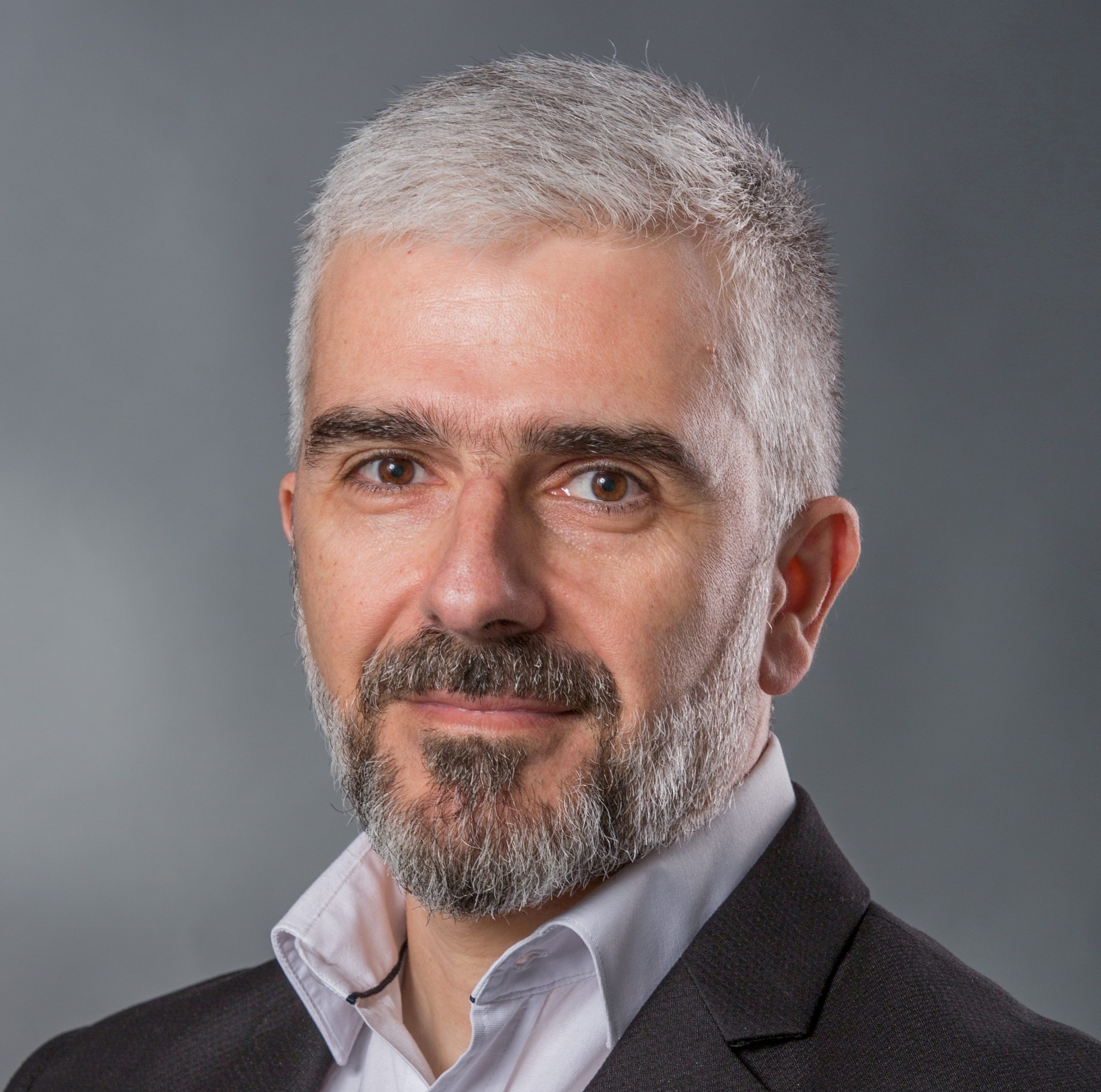ROSiE Knowledge Hub. A practical tool for insuring research ethics and research integrity in open science.
The ROSiE Knowledge Hub will be a platform that is, currently, being designed to openly funnel the project’s results and outputs in a user-friendly way. The Knowledge Hub will contain different thematic sections that will focus, for example, on research ethics or research integrity-related issues of open science. Each thematic section will be structured in three levels: Level 1 that will contain some basic information on the aims, objectives and highlight about the methodology used to produce the content of the Knowledge Hub; Level 2 that will contain the “building blocks” of information that will be displayed in a way for the end-user to easily grasp their content; and Level 3 with the content of these building blocks.
The ROSiE Knowledge Hub will be a platform that is, currently, being designed to openly funnel the project’s results and outputs in a user-friendly way. With “project’s results” we mean the results from the different mapping exercises that were applied during the initial stages of ROSiE and with “outputs” we mean the different documents that provide guidance to practitioners of open science. This distinction between these two types of content at the Knowledge Hub is described more explicitly below.
The content of the Knowledge Hub will be organized in different thematic, open science-related, sections that will focus on the following: research ethics, research integrity, social issues of open science, legal issues of open science, training in open science, open science infrastructures, and policy issues of open science. These thematic sections reflect the work package structure of ROSiE. It should be mentioned that wherever a specific guideline is related to more than one theme, it will be placed in more than one thematic section of the Knowledge Hub.
Each thematic section will be structured in three levels that will provide to the end user different information as well as different levels of descriptive granularity of the Knowledge Hub’s content. More specifically:
- Level 1 will contain some basic information on the aims and objectives of each thematic section, while it will highlight the methodology used to collect the necessary information, for the case of the “mapping”-type of content and draft the “guideline”-type of content. This information will be minimal, i.e. brought to the attention of the end user only via icons, in order not to overburden with information that can be found in the deliverables (all the necessary references will be made in other places of the Knowledge Hub, as it will be described below).
- Level 2 will contain the “building blocks” of information that will be displayed in a way that the end-user will be able to easily grasp their content. These building blocks will be categorized in “Mapping”-type and “Guidelines”-type building blocks. The former will contain the results of the mapping exercises conducted in the initial stages of ROSiE (i.e. the “results” mentioned above) and the latter will contain the various documents that provide guidance to practitioners of open science (i.e. the “outputs” mentioned above). These building blocks will contain information from the project’s deliverables and they will be the searchable elements from the search function of the Knowledge Hub; for this reason, they will be described with specific types of metadata (tags) visible only at the back-end of the Knowledge Hub.
- Level 3 will host the content of these building blocks, as retrieved from the relevant ROSiE deliverables. In most cases, the content of Level 3 is very similar, however not completely the same as in the deliverables. This is due to the fact that in several cases the text of the deliverables had to be re-structured to fit the needs of an online document, i.e. in order to be more concise and be structured in smaller units/sections. This will be the most detailed level of information of the Knowledge Hub and the second most detailed level of information of the ROSiE website, with the actual deliverables representing the most detailed documents that will be prodced from the consortium.
 Panagiotis Kavouras
Panagiotis Kavouras